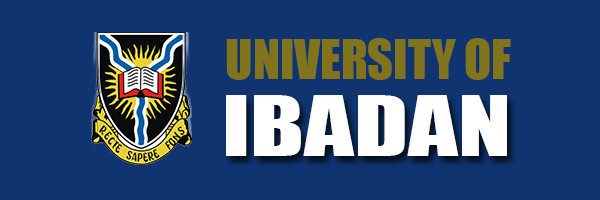LINGUISTS, MEDICAL EXPERTS ADOPT NEW NAMES FOR HIV, AIDS AND PROSTITUTES IN HAUSA, IGBO AND YORUBA
A team of language and medical experts from various Nigerian universities and specialist hospitals, led by Professor Herbert Igboanusi of the University of Ibadan, have created new names for HIV and AIDS in Hausa, Igbo and Yoruba with the aim of eliminating stigmatisation and discrimination of persons living with HIV and AIDS. They made this disclosure in Ibadan on Friday after a two-year research titled “A metalanguage for HIV, AIDS and Ebola discourses in Hausa, Igbo and Yoruba” sponsored by the Tertiary Education Trust Fund (TETFund).
The researchers agreed that the appropriate name for HIV in Igbo is Ori Nchekwa Ahụ (ONA) (that is, something that fights or weakens the body immunity) while the appropriate term for AIDS is Mmịnwụ (a condition that causes emaciation). In Yorùbá, the appropriate term for HIV is KòkòròApaSójà Ara (KASA) (that is, “that which kills the body immunity”) while ààrùnìsọdọ̀lẹàjẹsára (a sickness that completely weakens body immune system) is the appropriate name for AIDS. In Hausa, Karya-garkuwa (that which weakens the body immune system) has been chosen for HIV while κanjamau (“capable of emaciating one’s body”) has been chosen for AIDS. Speakers of these languages are advised to strictly adhere to the use of these chosen terms in order to avoid confusing HIV with AIDS, and consequently reduce the spread of HIV through behavioural change. It is the researchers’ belief that behavioural change is only possible when the people are familiar with the appropriate terminology for HIV and AIDS in their own languages. The experts have embarked on the lexical modernisation of HIV and AIDS’ nomenclatures in Nigeria’s three major languages (i.e. Hausa, Igbo and Yoruba) in line with current developments around the world in the management of the two health conditions.
Since it is now more acceptable to refer to certain persons as “commercial sex workers” rather than “prostitutes”, the researchers agreed for Ndị mkwụ̣gharị (people who hang around) for commercial sex workers in Igbo, Gbélépawó (women who stay at home making money) in Yoruba, and Mata (da maza) masu zaman kansu (that is, “women who are living independently”) in Hausa. People are therefore encouraged to stop using inappropriate terms to refer to commercial sex workers.
Professor Herbert Igboanusi
